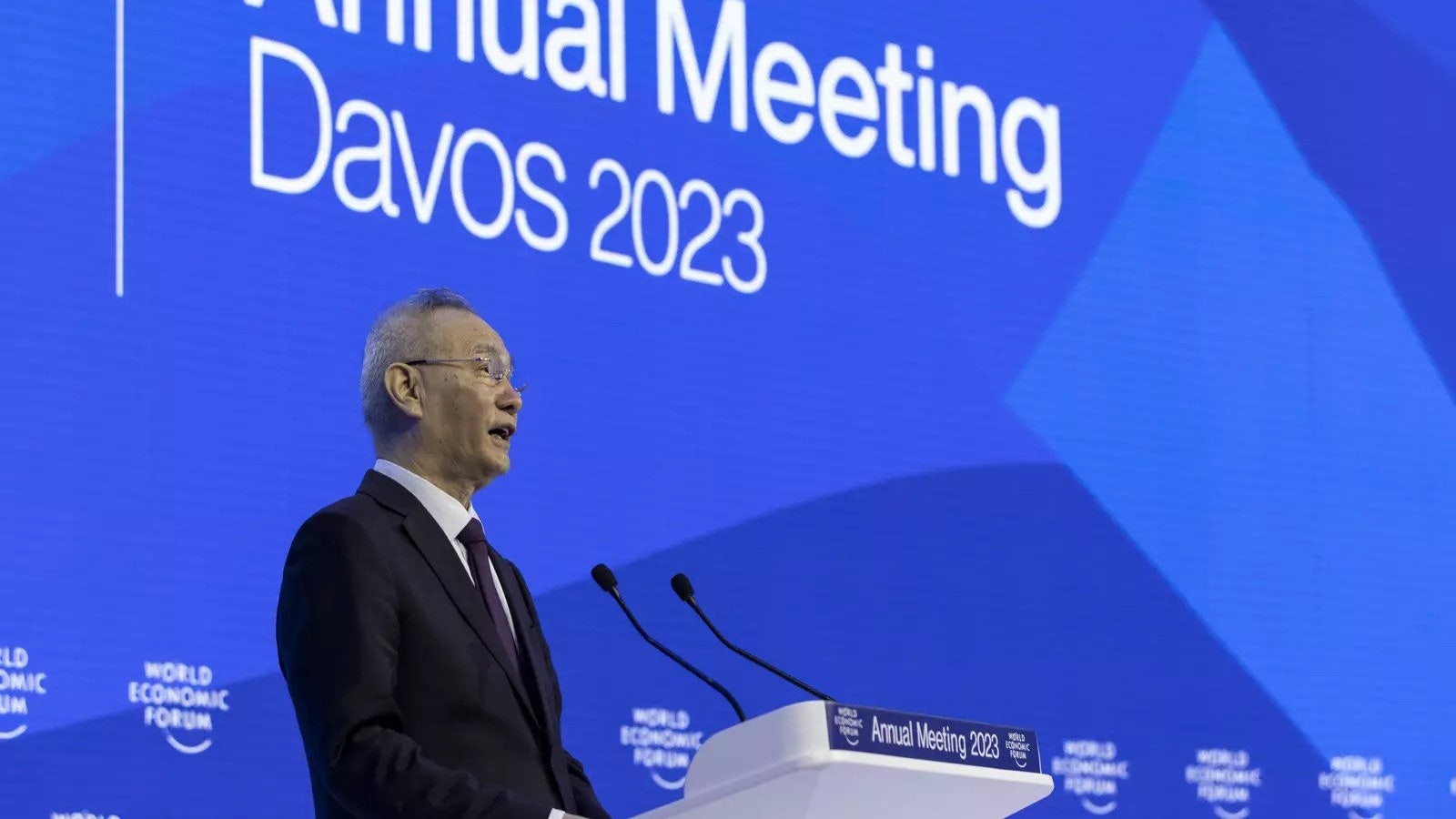What happened
Amid China’s reopening to the world, Chinese Vice Premier Liu He attended and addressed the 2023 World Economic Forum in Davos, Switzerland. His trip marked the first delegation by a high-level Chinese official since China’s zero-COVID policy ended in early January.
Citing common themes from previous policy addresses by Chinese President Xi Jinping, such as the goal of common prosperity, Liu’s speech was especially significant because it remarked upon China’s reopening to international investors, as well as a return to normalcy and economic growth.
“Foreign investments are welcome in China, and the door to China will only open up further,” Liu stated. “More focus will be placed on expanding domestic demand, keeping supply chains stable, supporting the private sector, reforming the state-owned enterprises (SOEs), attracting foreign investment, and preventing economic and financial risks… A noticeable increase of import, more investment by companies, and consumption returning back to normal can be expected.”
The Jing Take
Liu’s rosy forecast for China’s economic outlook comes at a time when luxury brands are seeking to reengage and win back consumers in the newly-reopened country.
International brands like Burberry saw a dip in sales during the fourth quarter of 2022, however, the fashion house cited it has seen a slight recovery since the beginning of 2023. “As we reopened, we’ve seen very promising signs. We’ve seen strong trade coming through,” said Julie Brown, Burberry’s chief financial officer, according to a report by The Wall Street Journal. “We’ve seen early green shoots with the Chinese consumers traveling more to Asian countries.”
According to the same report, Richemont, which owns Chloe, Dunhill and other luxury brands, also stated it has experienced a slight recovery since China’s reopening. Global stocks, shares and commodities have been lifted as hopes rise for the world’s second biggest economy.
However, a larger long-term problem is looming ahead: The size of China’s labor workforce and consumer base is shrinking. Earlier this week, the U.N. forecasted that the country’s population will lose 109 million people by 2050; last year, the nation’s population shrunk by 850,000 due to declining birth and marriage rates, as well as a skyrocketing elderly population — issues further exacerbated by China’s widespread pandemic lockdowns.
Experts cite that the population contraction in the coming years could have an impact on the nation’s labor force, creating a care shortage for its elderly population (nearly 20 percent are aged 60 or above) and leaving a devastating impact on the economy. To combat these issues, the government may look into raising the retirement age (50-55 for women, and 60 for men) in the near future.
The Jing Take reports on a piece of the leading news and presents our editorial team’s analysis of the key implications for the luxury industry. In the recurring column, we analyze everything from product drops and mergers to heated debate sprouting on Chinese social media.


